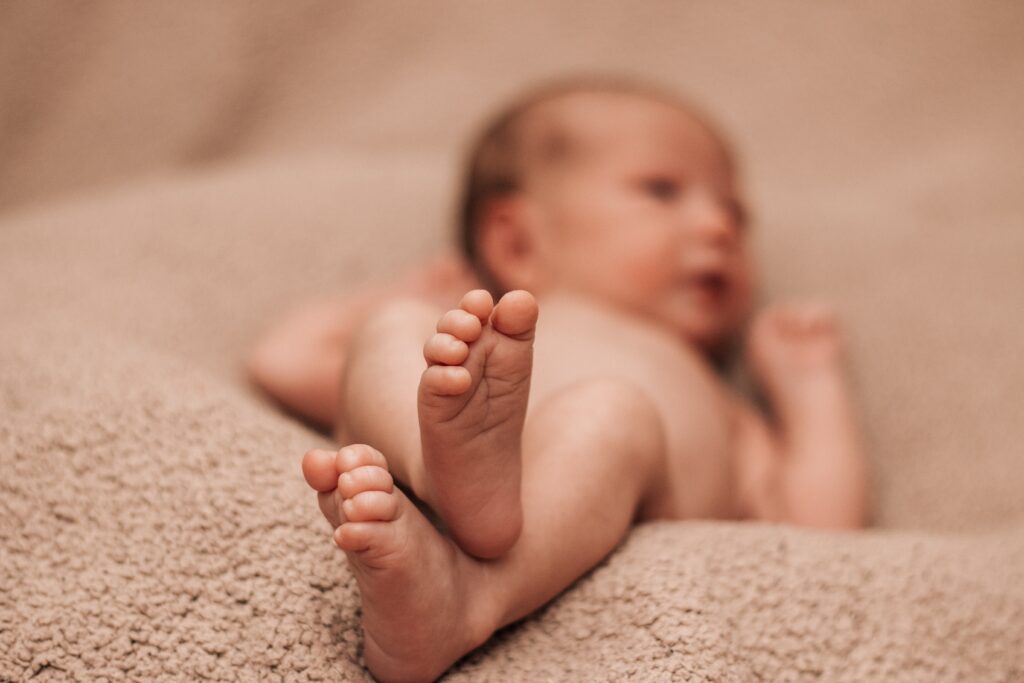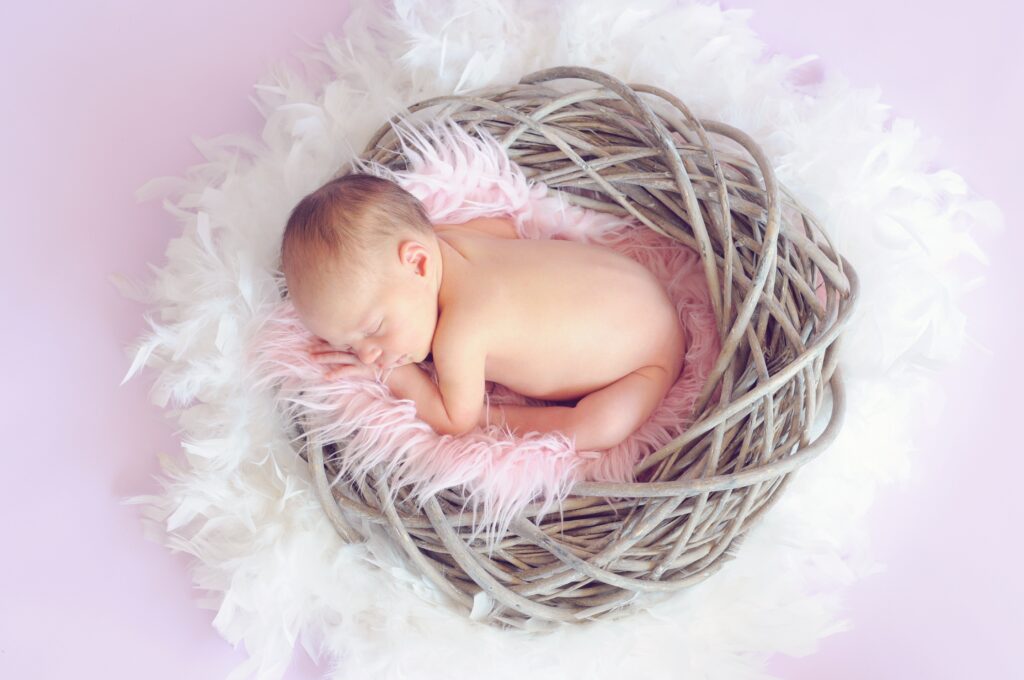Bathing a Newborn۔ Welcoming a newborn into your life is a joyous and transformative experience. As a new parent, you are responsible for providing the best care for your little one, and one essential aspect of that care is bathing your baby. Bathing a newborn can be both exciting and nerve-wracking, especially if you are a first-time parent. In this article, we will cover everything you need to know about bathing your newborn safely and comfortably.
Why Is Bathing Important for Newborns?
Bathing your baby serves several purposes beyond just keeping them clean. It helps regulate their body temperature, relaxes them, and fosters bonding between you and your baby. Additionally, regular baths promote healthy skin and can be a soothing part of your baby’s bedtime routine.
Preparing for the First Bath
Before giving your newborn their first bath, gather all the necessary supplies. You will need a baby bathtub or a sink lined with a soft towel, a mild baby soap, a soft washcloth, cotton balls, a clean diaper, a soft towel, and a change of clothes. Ensure the room is comfortably warm, and have everything within arm’s reach to avoid leaving your baby unattended during the bath.
Step-by-Step Guide to Bathing Your Newborn
1. Sponge Bathing
For the first few weeks, it’s recommended to give your baby sponge baths to avoid immersing them in water until the umbilical cord stump falls off. Lay your baby on a soft surface and use a clean, damp washcloth to gently clean their face, neck, hands, and bottom. Remember to always support your baby’s head and neck during the process.
2. Getting Ready for a Tub Bath
Once the umbilical cord stump has fallen off and the area has healed, you can transition to tub baths. Fill the baby bathtub with just a few inches of warm water (about 2 to 3 inches) and test the temperature to ensure it’s comfortably warm but not too hot.
3. Supporting Your Baby
Hold your baby securely and lower them into the bathtub, keeping one hand supporting their neck and head and the other supporting their bottom. Gradually pour water over their body with a soft cup or your hand.
4. Washing Your Baby
Use a mild baby soap and a soft washcloth to gently clean your baby’s body, starting from the top and working your way down. Clean between the folds of their skin, under their arms, and around their neck.
5. Shampooing Your Baby’s Hair
If your baby has hair, use a tear-free baby shampoo to cleanse their hair and scalp. Gently massage their head and rinse thoroughly with water.
6. Rinsing and Drying
After washing, rinse your baby with clean water, ensuring no soap or shampoo residue remains on their skin. Lift your baby out of the tub and wrap them in a soft towel, patting them dry gently.
Safety Tips for Bath Time
- Never leave your baby unattended during the bath, not even for a moment.
- Use one hand to support your baby’s head and neck at all times.
- Keep all bath supplies within reach to avoid leaving your baby alone.
- Test the water temperature before placing your baby in the tub to prevent burns.
- Avoid using adult-sized bath seats or rings as they can be unsafe for infants.
Read: Nutrients Your Baby Needs in the First 6 Months
Conclusion
Bathing your newborn is a beautiful opportunity to bond with your baby and ensure their hygiene and comfort. By following the proper techniques and safety measures, you can make bath time an enjoyable experience for both you and your little one.
FAQs
How often should I bathe my newborn?
Newborns don’t require daily baths. Three times a week is usually sufficient. More frequent baths may dry out their skin.
Can I use regular soap on my baby’s skin?
It’s best to use a mild baby soap specifically formulated for delicate baby skin to prevent irritation.
When is the best time to bathe my baby?
You can bathe your baby at any time of day, but many parents find that a bath before bedtime can be soothing and promote better sleep.
What if my baby cries during bath time?
Some babies may not enjoy baths initially. Try using a soft, reassuring voice and make bath time quick until they get accustomed to it.
How do I clean my baby’s umbilical cord stump?
Use a cotton ball dipped in warm water to gently clean around the base of the stump. Avoid pulling or tugging it; let it fall off naturally.





